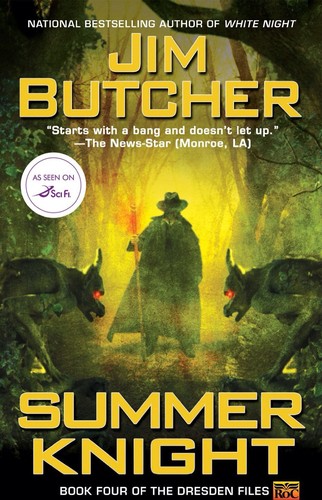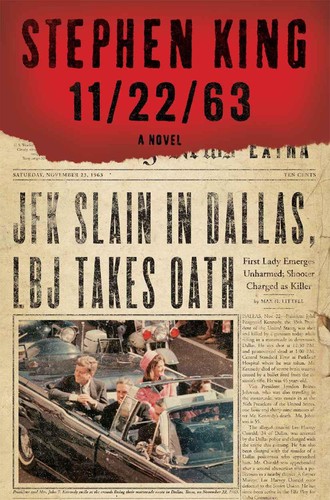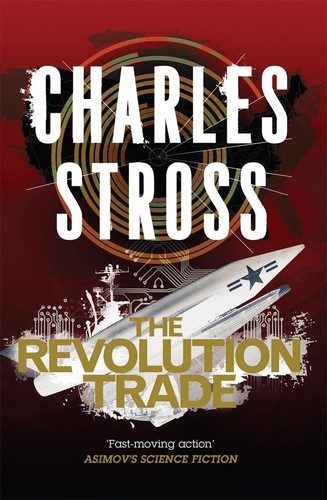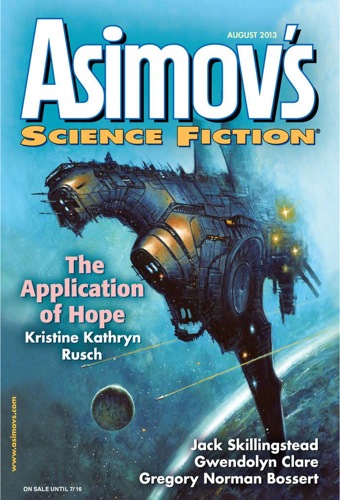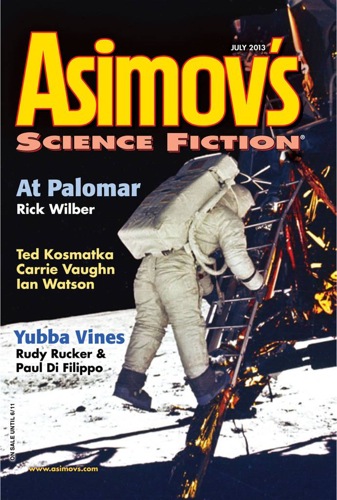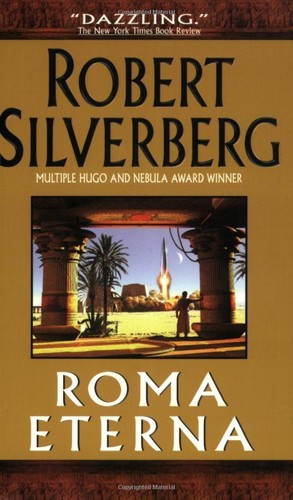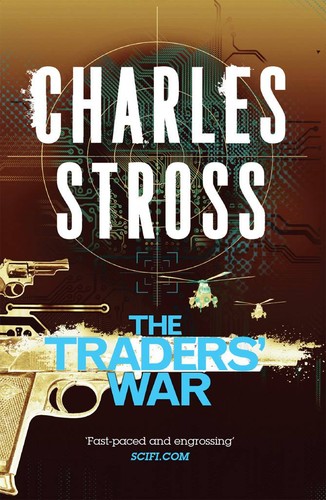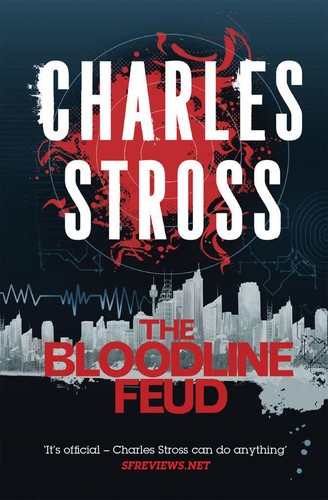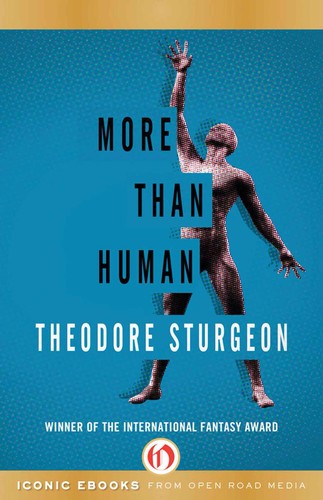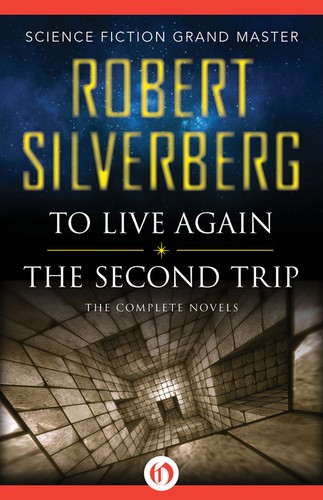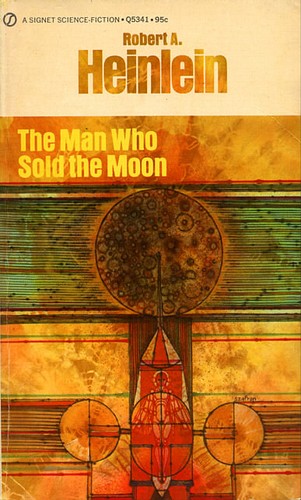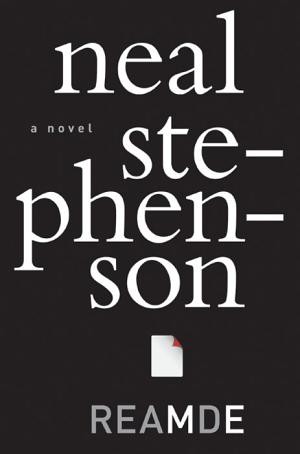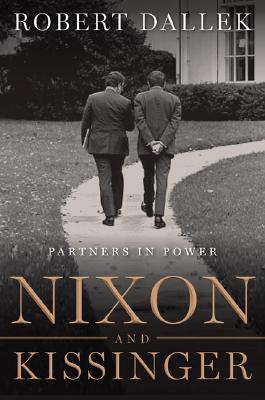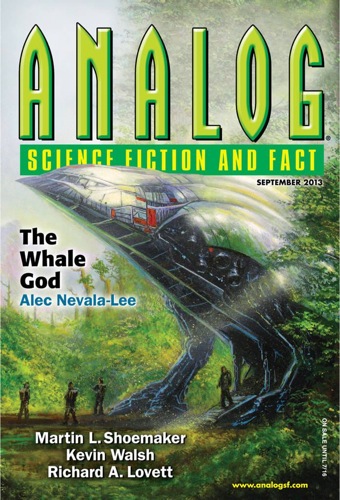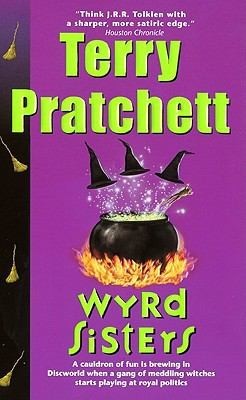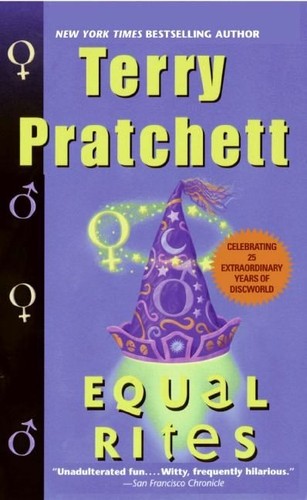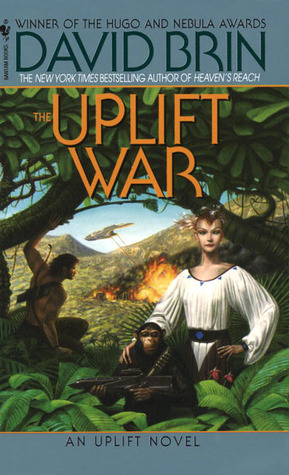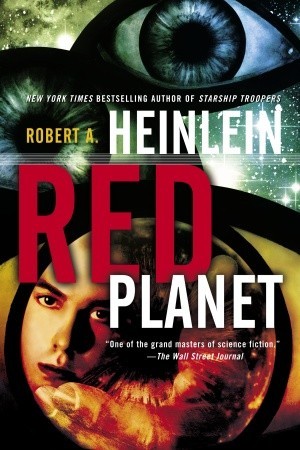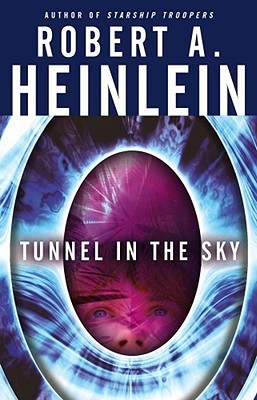Review: Summer Knight [★★★☆☆]
My rating: ★★★☆☆
Read From: 27 December 2013 – 29 December 2013
I like the realism of Butcher's Dresden Files novels. If these were mysteries, they'd be called hard boiled.
The Dresden Files tell the story of Harry Dresden, wizard, working in Chicago. Butcher uses all of the common mythical beings — wizards, werewolves, vampires, etc — in a way that fits into the world around us. He doesn't create a fantasy world. He places stories squarely in our world, in a way that feels completely real. You can picture all of the events happening around you, showing up in your daily newspaper.
So far, Butcher has methodically walked through various types of fantasy. The first book featured wizards. The second, werewolves. The third, vampires. And this one, the fourth in the series, focuses on færies. You'll meet Queens Mab and Titania, along with many other members of the Sidhe courts.
I wanted to like this book more than I did. I liked Butcher's typically gritty portrayal of the Summer and Winter courts and the characters in each court. I liked Dresden's creative solutions to the various challenges he faced. I didn't like the ending battle.
I may have disliked it because it took place in the Nevernever (fairy land) instead of in Chicago. Or maybe because it involved a higher than normal number of fantastical beings. Whatever the reason, it felt too fantastic for the overall tone that Butcher has established for these novels. It felt out of place, like something from another author's œuvre.
Overall, it was a good story with a flawed ending.
This entry was tagged. Book Review Review
